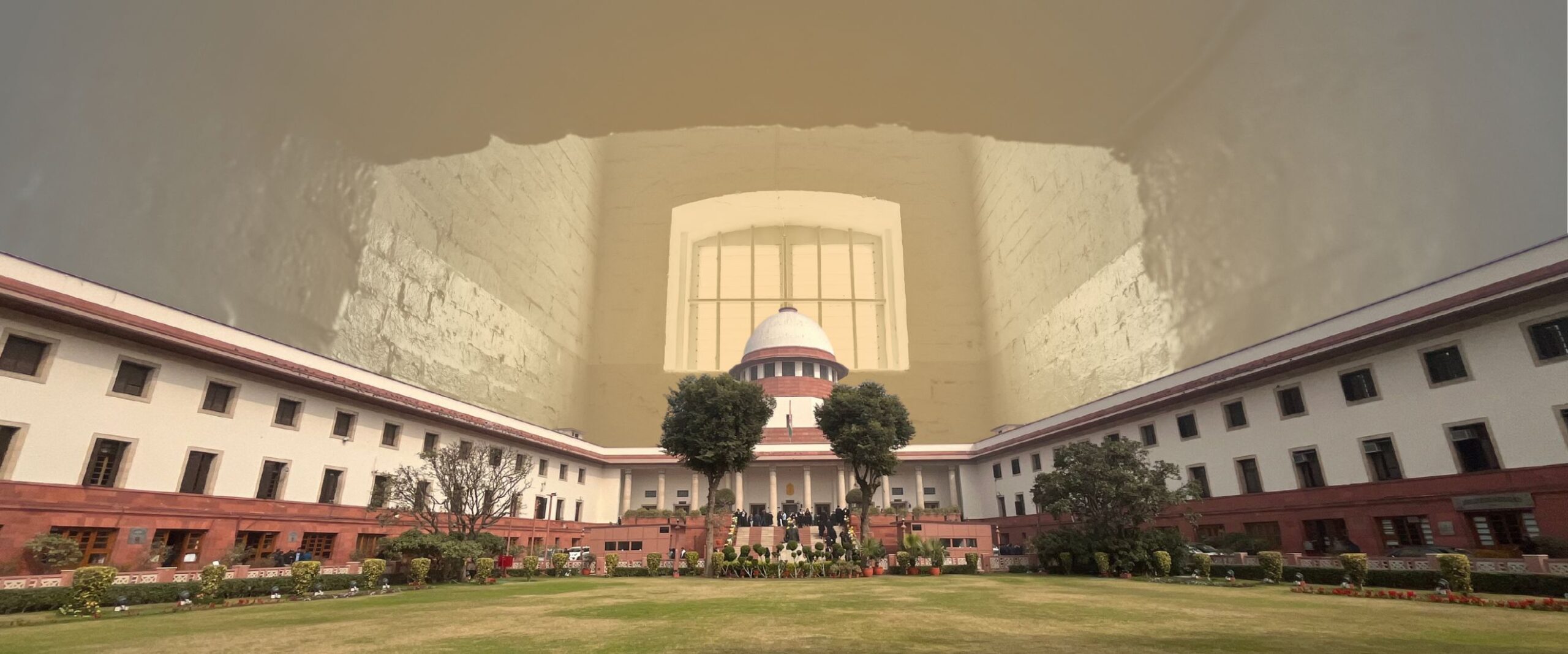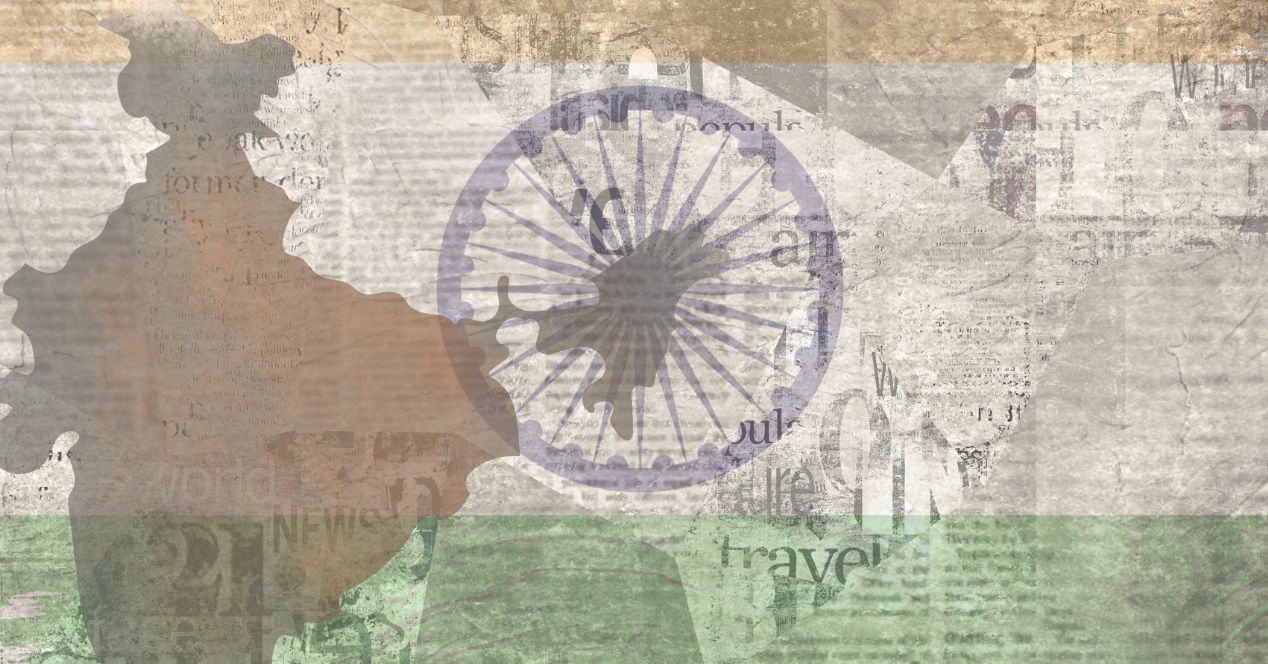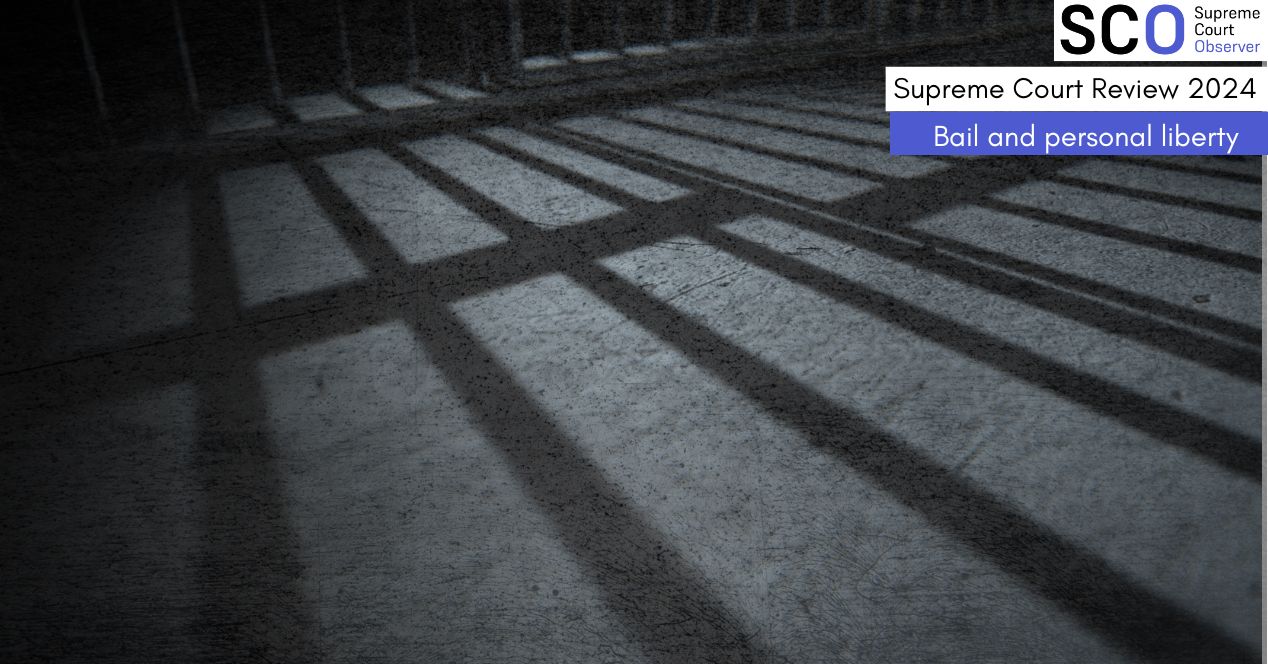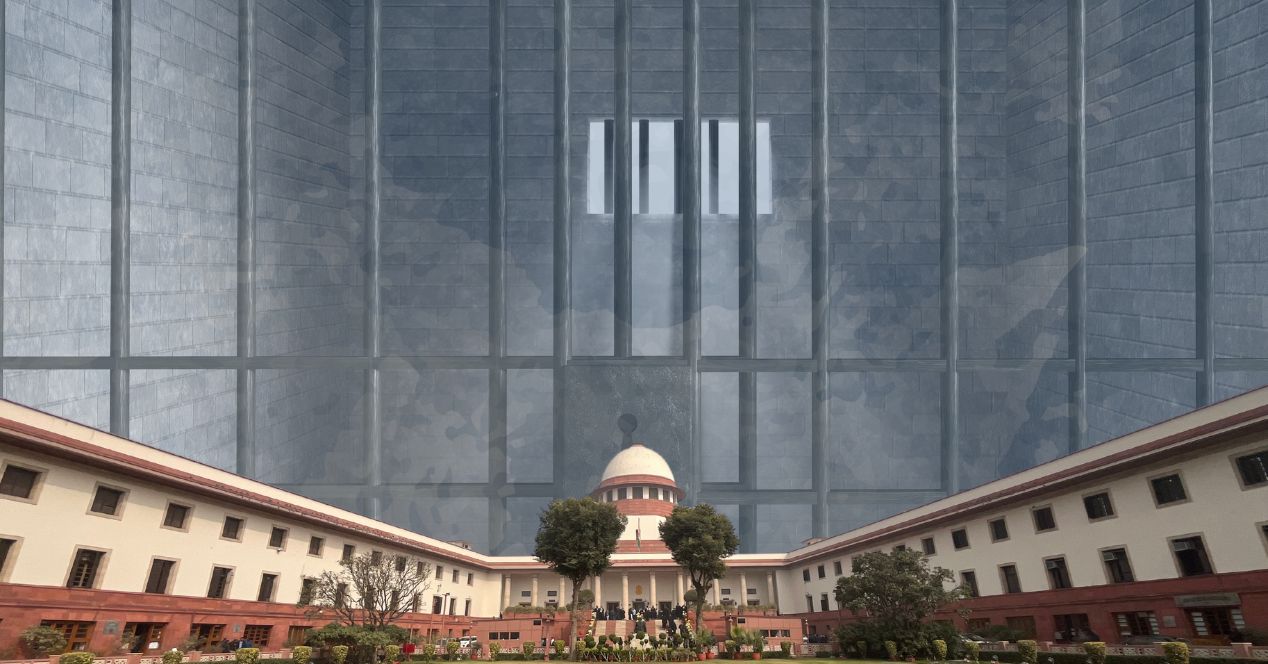Analysis
Supreme Court quashes preventive detention of law student, says it cannot be invoked for breaking ‘law and order’
It clarified that the law on preventive detention can be used only when there is a threat to ‘public order’

On 27 June, the Supreme Court set aside the preventive detention of a young law student from Madhya Pradesh’s Betul district, who had been held under the National Security Act, 1980 (NSA).
The Partial Working Days Bench of the Court, comprising Justices Ujjal Bhuyan and K.V. Chandran, ordered his immediate release from Central Jail, Bhopal.
Background
The accused is a student activist. He had raised his voice against caste-based discrimination at his college.
He was detained under Section 3(2) of the NSA. This provision empowers the Union or state government to detain a person in order to prevent actions prejudicial to state security or “public order”. He was first taken into preventive custody on 11 July 2024, by an order of the District Magistrate, Betul. The order was subsequently extended every three months, with the last extension valid till 12 July 2025.
The student had previously faced charges in eight criminal cases. He was acquitted in five cases, fined in one and released on bail in the remaining two. In the current case, linked to an alleged assault on a college professor, he surrendered to Betul Police on 16 June 2024 and remained in judicial custody. Though he was granted bail on 28 January 2025, he continued to be detained under the NSA.
The Madhya Pradesh High Court had dismissed his challenge to the detention on 25 February this year. He then moved the Supreme Court.
Arguments before the Bench
Advocate Animesh Kumar for the petitioner argued that being accused in multiple cases does not make one a habitual offender. He submitted that:
- The High Court had dismissed the challenge to the detention without considering relevant facts in his favour.
- The detention order was passed while the accused was already in judicial custody.
- Extensions to his detention were granted without application of mind.
- There was no material to support the assumption that the release would disturb public order. Further, the accused had not even applied for bail, weakening the rationale behind assuming potential threats post-release.
The Court’s observations and directions
The Court agreed with these submissions, noting that preventive detention is a drastic measure curtailing the liberty of a person. The Bench held that the reasons for his arrest do not satisfy the requirements of Section 3(2) of NSA.
The Bench distinguished between “law and order” and “public order”, observing that a person could be preventively detained only in the latter instance. In the present case, the student’s writ petition stated that the Superintendent of Police, Betul, had merely flagged a possible “law and order” issue in his report.
The Bench also criticised the state authorities for invoking preventive detention despite the accused already being in judicial custody. It called the move “wholly untenable”.
The accused had approached the District Magistrate on 22 July 2024, under Sections 8(1), 10, and 14 of the NSA. Section 8(1) enables the accused to make a representation against the grounds of his arrest. Section 10 requires that such a representation be placed before the Advisory Board constituted under Section 9. The representation is placed before the Board by the state government. Section 14 provides for a revocation of a detention order where no fresh facts have arisen after the expiry of a previous order. However, the accused’s representation was dismissed by the DM without being forwarded to the State Government, a procedural violation that further weakened the detention’s legality.
“Preventive detention is not calling it a dog and hanging it. You can’t do that,” the Court said. The judges added: “Public disorder is something bigger. This is just law and order”.
While the detailed judgement is awaited, the Court’s interim observations underscore the need for application of mind by the authorities while invoking NSA.




